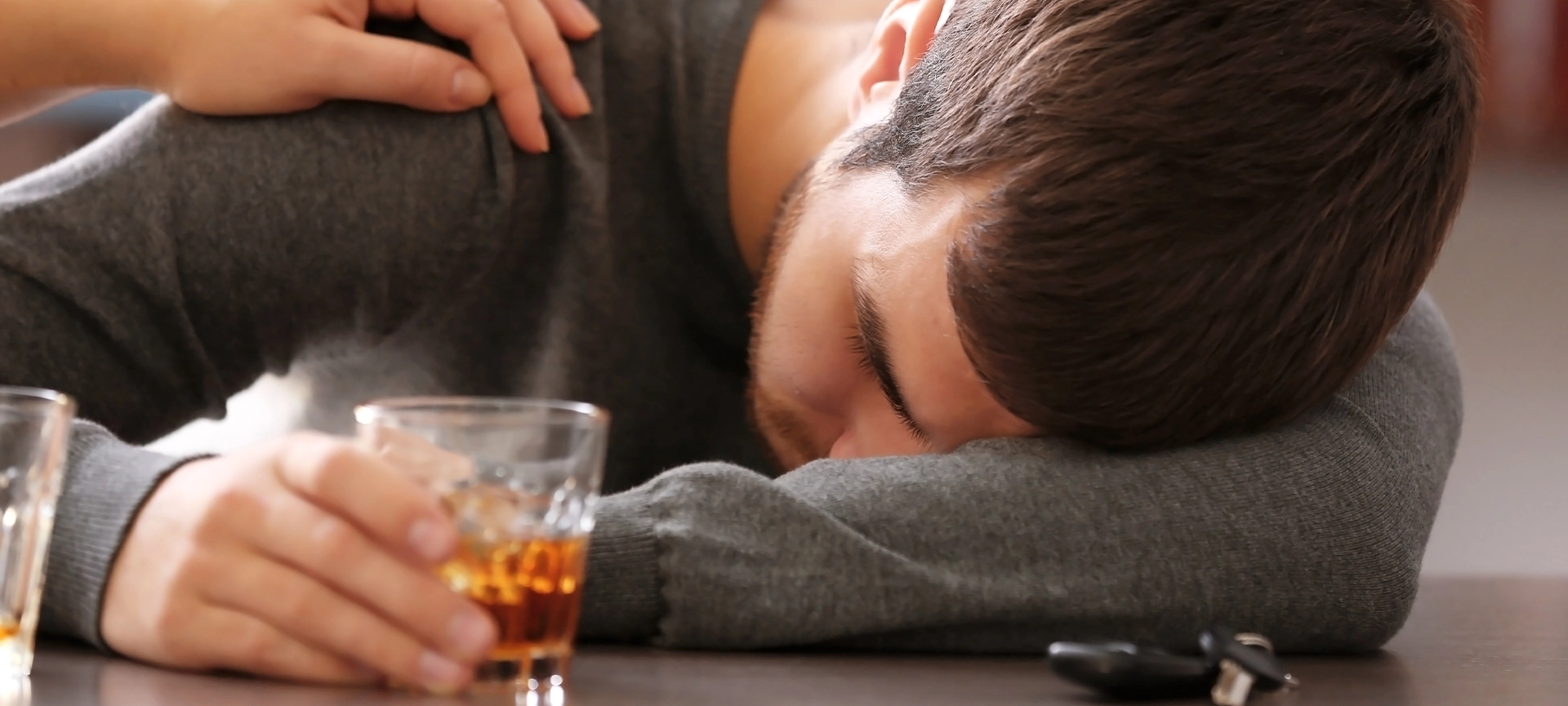The addiction rehab journey is tough; it involves breaking habits, dependence, and learning to live clean. But as painful as it might be, what comes after it is often more challenging — maintaining sobriety after rehab.
Staying sober is a major challenge. A report from the CCSA showed that close to half of former addicts relapse into active addiction sometimes after a full recovery. Relapsing doesn’t mean you’re weak; it indicates you must put more effort into beating your old habits.
And with proper planning, it’s possible to build a strategy to maintain sobriety after completing an addiction treatment program. Here’s a comprehensive guide from our addiction specialists to help you avoid relapse and stay clean.
The Complete Frame to Maintain Sobriety After Rehab
Here are the best relapse prevention strategies following an addiction rehab program in Toronto.
Watch Your Physical and Mental Health
Your physical and mental health is crucial to maintain sobriety after rehab. Depending on the subject of your addiction, a lingering health condition may be a catalyst for relapse. For example, if you had a marijuana addiction, a condition requiring you to use CBD may trigger a fallback.
In addition, there’s a direct correlation between physical and mental health. When the body gets weak or tired, the mind goes with it, and you’re most vulnerable to relapsing at such periods. At that point, you won’t be strong enough to control your desires and cravings.
In addition, the mind in its weakened state may begin seeking an external booster and may then develop a craving for what you’ve used to fuel it for a long time.
Good health strengthens you to withstand temptations that may lead to a relapse.
Replace Old Habits with New Hobbies
Your routines are partially or wholly responsible for your addiction problems, and you must do away with them. But, old habits die hard and not without a struggle. Instead of trying to kill them, destroy the pattern by installing a replacement.
Put a new hobby in the space the old habit occupied. For example, if you always visited the bar to drink between 7 pm and 9 pm every evening, replace that with visiting the gym or reading a book between 7 pm and 9 pm.
Changing habits may require you to stop mixing with some people. Don’t let that deter you, it’s a necessary sacrifice to achieve and maintain sobriety.
Know Your Triggers and Have Contingencies to Avoid Them
Every addict has unique triggers. Triggers are physical or psychological cues that make you develop a craving for the object of your addiction.
Triggers may be anything. For example, small cues like seeing a beer bottle cap, perceiving the scent of marijuana, or seeing pills may set you off. Once these triggers are active, they cause an irresistible craving for the substance.
You must identify them and create contingencies to avoid them leading to a relapse.
While it’s impossible to completely avoid your triggers, you should have measures to manage them. For example, when trying to maintain sobriety after alcohol addiction rehab, avoid going near bars, pubs or any other place you’ll readily find alcohol.
Related Article: What Is A Recovery Program In An Addiction Treatment Centre In Toronto, Ontario

Forgive Your Mistakes and Forge Ahead Courageously
Slips happen during recovery. Every once in a while, you’ll find yourself chugging down alcohol or dosing up on opioids again. These lapses are parts of the process; don’t be too hard on yourself when they occur.
Instead, focus on ensuring one mistake doesn’t lead to a re-adoption of old habits. Don’t let one lapse grow into a full relapse.
A way to achieve this is by always being conscious and creating immediate bounce-back systems for whenever lapses happen.
For example, whenever you experience a slip, you may take a personal retreat and give yourself a little time to recover. Or maybe you can appoint a sponsor who you can call for support when you start to make the little mistakes that build up to relapse.
Take It One Day at a Time
Maintaining sobriety is a war of attrition. It’s a daily struggle until one side yields; don’t be that side. The way to keep winning is to take the battles one day at a time.
Instead of focusing on a long-term sobriety goal, focus on getting through each 24-hour round.
We don’t mean to say long-term sobriety goals are useless. They’re helpful but don’t focus too much on a faraway milestone and ignore the fundamentals. You’ll eventually accumulate weeks and months by getting through each day successfully until you hit your targets.
Set daily sobriety goals and create a reward system to provide additional incentives. For example, decide to get through each day without drinking or smoking. Whenever you achieve that, treat yourself to a delightful healthy meal.
For the days that you fail to meet your goals, implement punishment measures to discourage its reoccurrence. For example, every time you slip, you must spend an extra hour in the gym doing more exercises than usual.
Addiction Rehab Success Stories to Motivate You
If you still have doubts about how addiction rehab and its ability to prevent relapse, check out these success stories from our catalogue at Addiction Rehab Toronto.
“I cannot express in words how grateful I am. I feel like I’ve gotten my life back. I want to thank all the staff for their dedication and genuine care. I felt like everyone cared and wanted to help. Thank You All! I have not been happier in years.” — Anonymous
“My experience overall was positive, the care I received upon arrival was amazing, and in my condition, I didn’t know what I needed, but the staff luckily did, and took amazing care of me. There were times I would have loved more outdoor time (Longer walks, outdoor runs etc) and more out-of-centre activities, but I did gain the tools necessary for me to remain sober and for that I’m thankful.” —- Jesi
Related Article: Types of Alcohol Rehab Programs: Which Treatment Option is Right for You?

You Can Achieve and Maintain Sobriety
What makes it difficult to maintain sobriety after rehab is the never-ending internal struggle between your desire for the pleasure you derive from your addiction and your wanting to be free. In most cases, the stronger one of these two sides wins.
But we believe you will win. Addiction Rehab Toronto is cheering on you every step of the way through your recovery. And, of course, we’ll like to be of help.
Contact us via +1 855-787-2424 to book a consultation with our addiction treatment professionals today.







